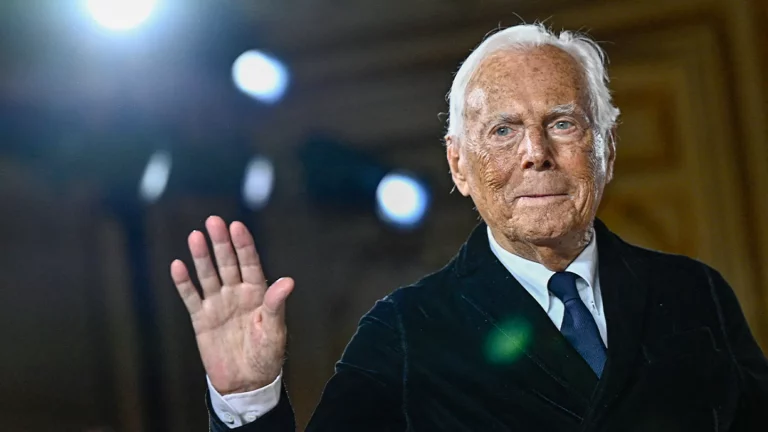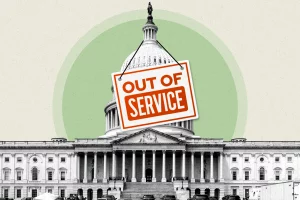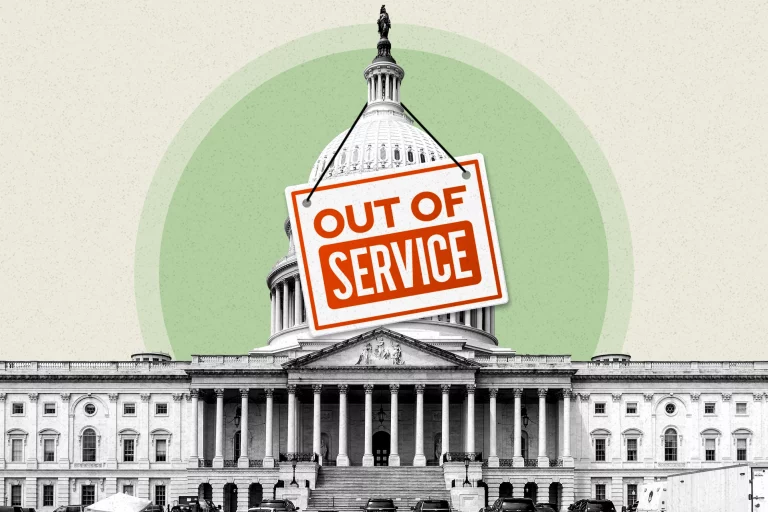Bayrou Falls as French Government Collapse Deepens Political Crisis
The french government collapse came Monday after Prime Minister François Bayrou lost a confidence vote in the National Assembly, with 364 MPs voting against him and 194 in support. Bayrou had called the vote to push through an unpopular €44 billion savings plan that included scrapping two public holidays and freezing government spending. The 364 votes against him exceeded the 280 needed to topple the government, forcing Bayrou to step down after just nine months in office.
Bayrou followed in the footsteps of his predecessor, Michel Barnier, who also lost a no-confidence vote last December. The Élysée Palace said President Emmanuel Macron will name a new prime minister in the coming days, but Bayrou’s departure leaves Macron with few palatable options amid a splintered parliament and rising economic pressure.
Why the Vote Toppled the Government
Bayrou called the vote to force approval of the savings plan, arguing the measures were necessary to curb rising expenses and an “unbearable” debt burden. He warned lawmakers, “You have the power to bring down the government, but you do not have the power to erase reality,” adding that “expenses will continue to rise, and the burden of debt … will grow heavier and more costly.” He also admitted, “We broke the social contract” with younger generations.
But the plan’s cuts proved politically toxic. Many MPs balked at scrapping public holidays and at the scale of spending freezes. The vote revealed the deep fragmentation in France’s parliament after last year’s snap election, which followed President Macron’s gamble and left his centrist bloc weakened while the far right and far left gained ground.
Economic Fallout from the France Government Collapse
Investors reacted nervously to the french government collapse. Yields on French government bonds rose above those of Spanish, Portuguese and Greek bonds — countries once at the heart of the eurozone debt crisis. A possible downgrade of France’s sovereign debt, with a review due Friday, threatens to further damage the country’s standing in Europe. The timing is awkward: geopolitical tensions are rising and France faces difficult choices on fiscal stability while its political leadership is in flux.
What Comes Next for France and the French Prime Minister Role
Bayrou is expected to formally submit his resignation to President Macron on Tuesday morning. The Élysée said Macron will appoint a new prime minister in the coming days. Names floated as potential frontrunners include Armed Forces Minister Sébastien Lecornu and Justice Minister Gérald Darmanin — posts that are now widely viewed as a poisoned chalice given the political landscape.
Even before the vote, calls grew for Macron to step aside; Marine Le Pen demanded he dissolve parliament. Fresh elections would likely strengthen her far-right National Rally and further fracture parliament. After three centrist prime ministers failed to hold power, opposition parties say they will not hand another centrist leader an easy path: both the far right and far left have signalled they would immediately move a no-confidence vote against any similar premier.
Policy Deadlock: Budget Battles Await the Next Government
The budget fight that toppled Bayrou is unlikely to disappear. The Socialists want higher taxes on the rich and to roll back Macron’s business tax cuts — demands that are red lines for Les Républicains, a key conservative party. That clash means France’s fiscal mess will be hard to fix quickly, and any new prime minister will confront the same dividing lines that brought down Bayrou’s government.
If another snap parliamentary election is called, a recent Elabe poll suggests the National Rally would come out on top, with the left second and Macron’s centrist bloc trailing in third. Many now fear that the far right could eventually take power, if not immediately then by the 2027 presidential election — an outcome few believe would solve France’s deep problems.
Social Unrest and Geopolitical Risks as France Government Collapses
Public trust in the political class has collapsed, and anger is expected to spill onto the streets. The far left has called nationwide protests for Wednesday under the banner “Bloquons tout” (“Let’s block everything”), and trade unions plan another mobilization on September 18. All this unfolds amid wars in Ukraine and the Middle East, a moment when instability in Paris is seen as a gift to external actors — with the story noting both Vladimir Putin and Donald Trump relish Europe’s perceived weaknesses.
A Turning Point for Macron and French Politics
The french government collapse marks a turning point for President Emmanuel Macron and for France. After the snap election and months of fragile coalitions, the country now faces hard choices: who will lead the next government, how will France address its mounting fiscal pressures, and whether snap elections would further empower the extremes. With Bayrou stepping down after nine turbulent months, the coming days will be crucial as Macron searches for a successor capable of navigating an increasingly fractured parliament and calming economic markets.
For ongoing coverage of the french government collapse and the latest France news, follow TNN. And stay updated with US news today and Canada news today.














